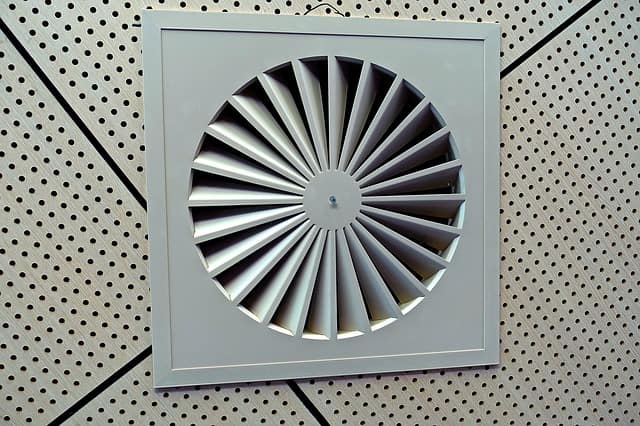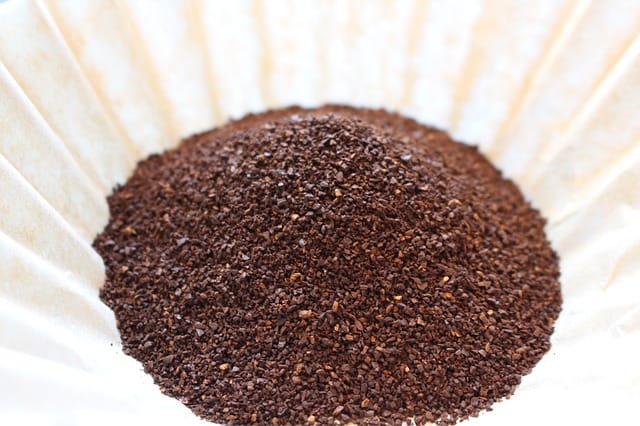Mowing is a must-do for every homeowner. However, it can be a pain when you notice streaks after you have finally finished the job. Streaks can occur for numerous reasons because of incorrect mowing methods.
There are many reasons that mowers can leave streaks. Improper techniques are a common reason why people struggle with streaks in freshly mowed grass. People fail to overlap their rows and leave space between them.
Lawnmowers may also leave streaks because the mower is in poor condition. The poor conditions of mowers may include things such as dull blades, big blades, and clogged decks. You can solve these problems with regular mower maintenance.
Why Do Mowers Leave Streaks?
Mowers leave streaks on the lawn for several reasons. Before you go disassembling your mower and replacing your blades, consider your mowing methods and mower care. Sharpening and replacing mower blades is critical in the lack of grass streaks.
Uneven Terrain
Considering terrain is important when mowing your grass. Not compensating for uneven terrain can cause streaking in your lawn.
If you have an uneven lawn, don’t sweat! There are tons of ways that you can mow it without leaving streaks or ruining your mower.
Purchase an electric mower with adjustable height, use a push mower in uneven areas, and fill holes or uneven areas to make mowing uneven terrain easier.
Improper Mowing Technique
Improper mowing techniques often result in people leaving mowing lines in their yards. One common way people fail to mow their lawns properly is by now overlapping their rows.
Overlapping rows is what creates a uniform cut on the lawn.
By not overlapping their rows, people leave small slivers of uncut grass between the cut grass. These slivers of uncut grass are unsightly.
Remember the following tips while mowing:
- Overlap lines when mowing
- Mow slow with a standing mower
- Mow fast on a sitting mower
- Cut in the early evening
- Let grass dry before mowing
- Maintain good posture
- Make it fun!
Never wait until it is high noon to mow your lawn. According to Scotts, 7 PM is the best time to mow your lawn. The grass is dry, and you are not sweating in the hot sun!
Dull Blades
Dull blades are a leading reason why mowers leave streaks in lawns. Blades naturally dull over time. Sharpen blades at least once each season by using a grinder or bringing your blades to a professional.
Over time, blades will also bend and warp. Unlike dull blades, bends and warping require replacement. Replacing blades is more expensive than sharpening. That is if you already have the grinders required to
Always use safety equipment like eye covering, closed-toed shoes, and long sleeves when using a grinder.
Clogged Deck
A clogged deck can easily create lines in your lawn. Typically, decks occur when people mow while the grass is damp.
Mowing while damp causes the grass to clump together. Clumping grass forms under the deck will clog and prevent the mower from cutting within its full proximity.
Turn off your mower, and clean out all the grass from the deck of your mower.
Engine Speed
Have you been noticing patchy streaks while cutting the lawn? These are a sign of poor engine speed. Mowing is a delicate practice.
Mowing speed makes a significant impact on the quality of your yard. Patchy grass streaks are the result of pushing your mower too quickly. Slow down and let your push mower cut the grass with ease.
Ride your riding mower at full throttle to avoid any patchiness. Riding at anything below full throttle can create patches and damage to your lawnmower.
How Do I Prevent Streaks in My Lawn?
There are many ways that you can prevent streaks while mowing your grass. Ultimately, it is at the hand of the homeowner to learn proper mowing techniques. Proper techniques include posture, timing, mowing speed, and more.
If mowing your lawn becomes a burden, hire a landscaping company. Landscapers are professionals who are more than happy to help you maintain a healthy and manicured lawn regularly for the same recurring rate.
Mow at the Right Speed
Mowing speed influences the quality of your yard. Mowing your lawn at the wrong speeds is ineffective. In many cases, mowing too quickly will just flatten grass. The quickness has a similar effect to being dull.
It is critical that you maintain a steady speed but do not push your mower too quickly. Your mower should push with ease, and you should not try to force it along. Some speed is good. However, too much speed can make streaks in your lawn.
Wait For Grass to Dry
Trying to mow your lawn while the grass is still wet can clog your deck. Clogging your deck can cause chunks and streaks while mowing. Mowing wet grass can also lead to soil compaction, which can severely damage your grass.
To avoid mowing wet grass, many gardeners suggest cutting your lawn in the evening. Cutting in the evening gives your lawn time to dry. The extra length of your grass blades during the day also protects your soil from the harsh sun.
If you have recently experienced excessive rain, let your lawn dry completely before proceeding with any regular lawn care.
Sharpen Blades Seasonally
Sharpen your blades at least once each season. Sharpening lawn mower blades seasonally guarantees that you will have a consistent mow.
When blades do not get sharpened, they will cut the grass unevenly. The uneven chopping of grass damages the blades of your mower, and it can pull up your grass.
If blades require replacement, ensure you are replacing blades with the correct size blade. Replacing blades with an incorrect size can cause streaks, just like blunt blades can.
Hire a Professional
Hiring a professional landscaper to care for your yard is ultimately the best way to guarantee that your yard stays healthy and streak-free. Professional landscapers know how to mow your lawn without leaving streaks.
No yard is unmanageable for professionals. If you are tired of seeing the ugly streaks that you leave in your yard every time you mow, hire a landscaper to mow your yard.
Most landscapers regularly come to mow your yard for a constant rate. Typically, landscaping companies charge based on yard size. So, the bigger the yard, the more you will pay.


